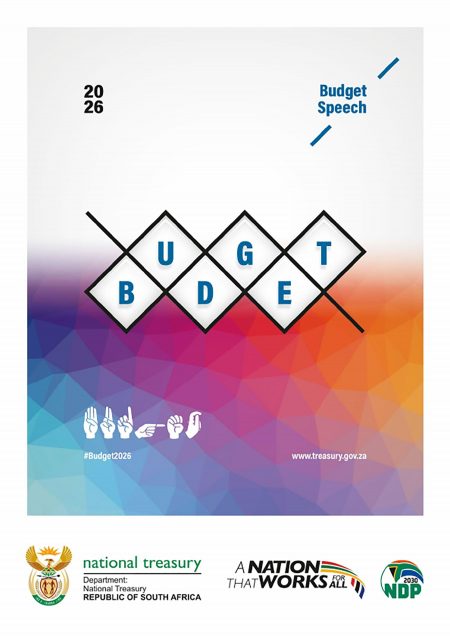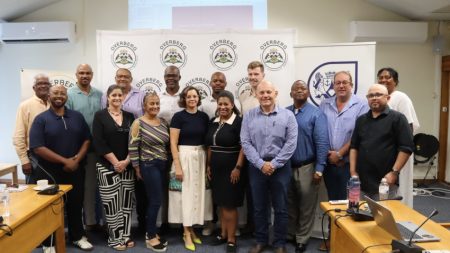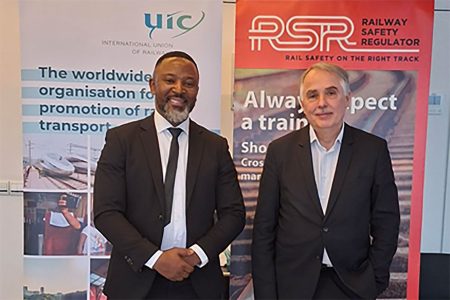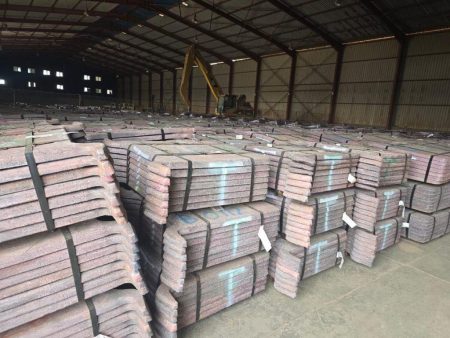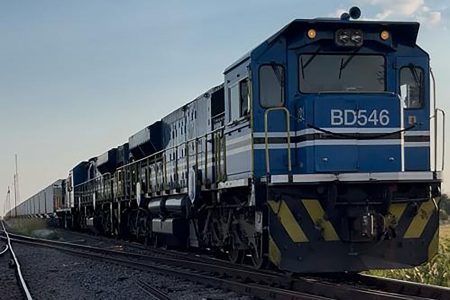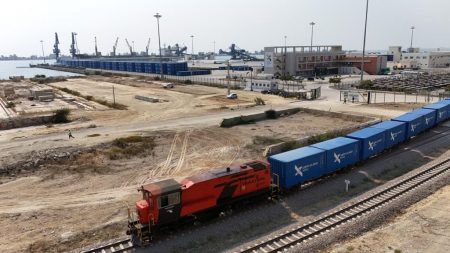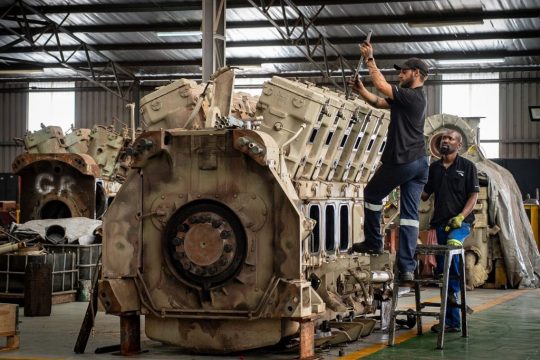This content is for Premium Subscribers only. To view this content, login below or subscribe as a Premium Subscriber.
Related News Articles
Mozambique Moves to Establish Integrated Railway Licensing and Certification Framework
27 February 2026
SADC, Mozambique
1 min
Luvo Border Post Reflects Modernisation of Customs Management
27 February 2026
SADC, Angola
2 min
Zimbabwe Suspends Export of Raw Minerals and Lithium Concentrates
27 February 2026
SADC, Zimbabwe
1 min
Rails to Prosperity: Mining, Logistics and the Southern African Corridor Opportunity
27 February 2026
SADC, South Africa
9 min
Western Cape Government Releases First Findings of Overberg Rail Business Case
27 February 2026
SADC, South Africa
3 min
South Africa: Rail Reform Moves Ahead, RSR Reinforces Cooperation With UIC
27 February 2026
SADC, South Africa
1 min
Angola Renews Mandate of ANTT Board of Directors
27 February 2026
SADC, Angola
1 min
Mozambique: Office Created to Coordinate North-South Railway Line
20 February 2026
SADC, Mozambique
1 min
TAZARA To Receive US$15m A Year Under CCECC Concession
20 February 2026
SADC, Zambia
1 min
TRIM Update on Open Access, Corridor Rehabilitation and Security Interventions
20 February 2026
SADC, South Africa
2 min
Namibian AG Finalises PPP Advisor Agreement for Trans-Zambezi Railway Extension
20 February 2026
SADC, Namibia
1 min
Transnet Issues RFQ for Richards Bay Dry Bulk Terminal Private Sector Participation
20 February 2026
SADC, South Africa
1 min
Botswana Railways Receives 34 Soda Ash Wagons
13 February 2026
SADC, Botswana
1 min
EGC and Trafigura Ship Copper and Cobalt to Global Markets via the Lobito Atlantic Railway
13 February 2026
SADC, Angola
1 min
Investing in Skills to Power Rail Recovery
13 February 2026
SADC, South Africa
2 min
Sandverhaar-Buchholzbrunn Railway Upgrades Hold Promise for Lüderitz
13 February 2026
SADC, Namibia
2 min
